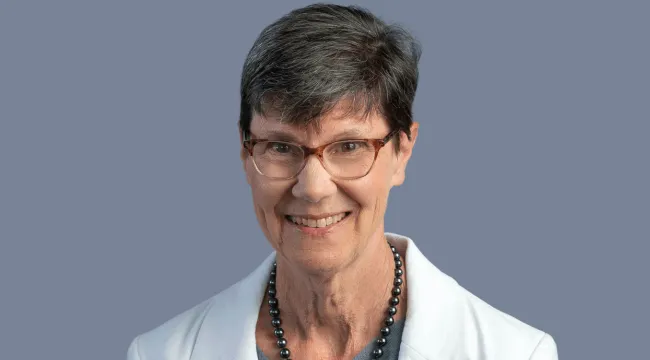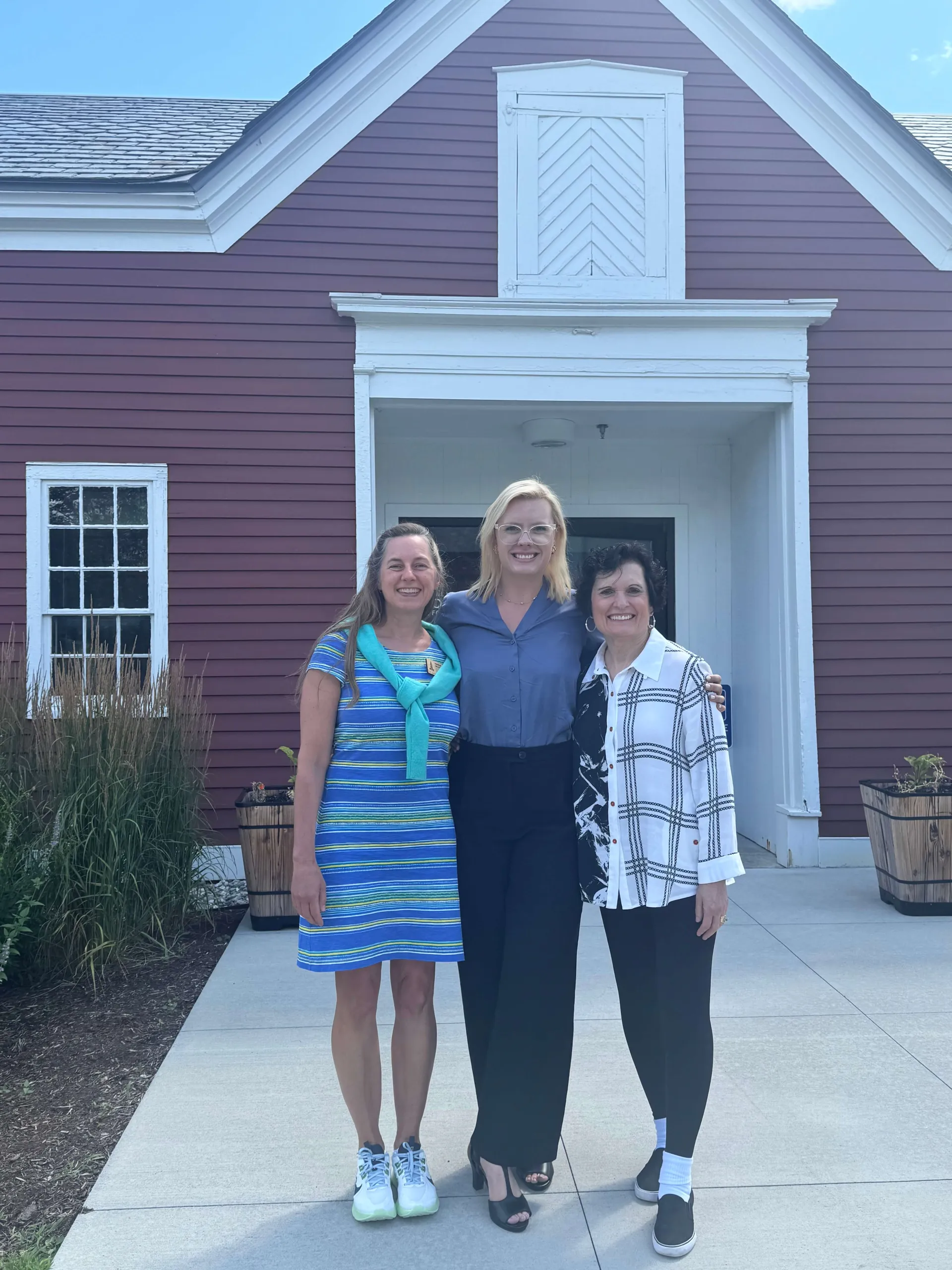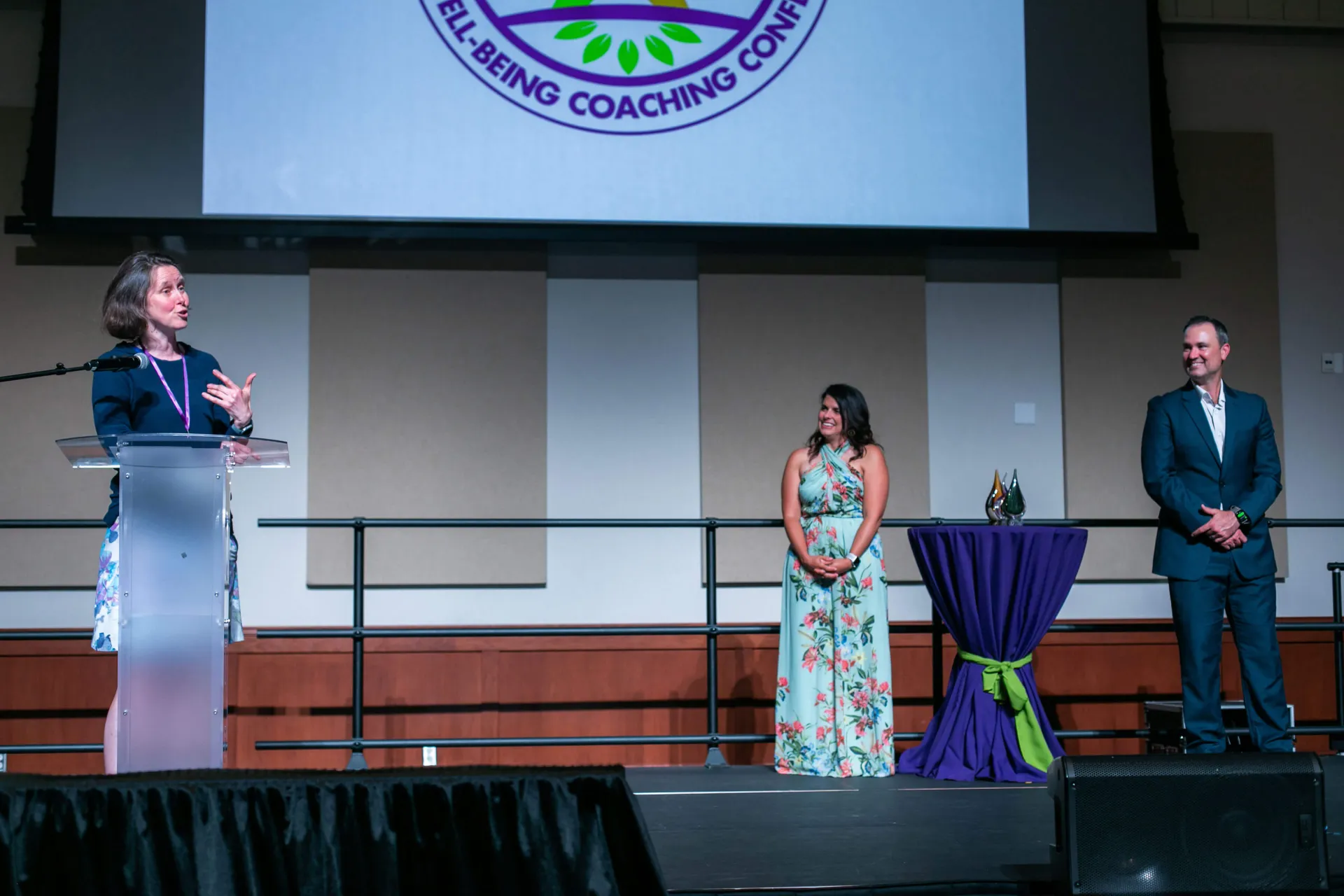These awards—offered for the first time this year—will support pioneering 2026 projects that embody the Center’s work promoting integrative, evidence-based approaches that optimize health for people and planet.
“We were thrilled with the many submissions we received from across the University and UVM Health for this new grant,” said Osher Center Director Cara Feldman-Hunt, MA, NBC-HWC. “Osher Affiliates are working across divisions and units in so many inspiring and generative ways.”
This year’s selected projects span diverse disciplines and populations, from older adults aging in place to children developing interoceptive awareness, and from special education classrooms to communities navigating opioid use disorder and chronic pain. Each project reflects a commitment to innovation, equity, and real-world impact.
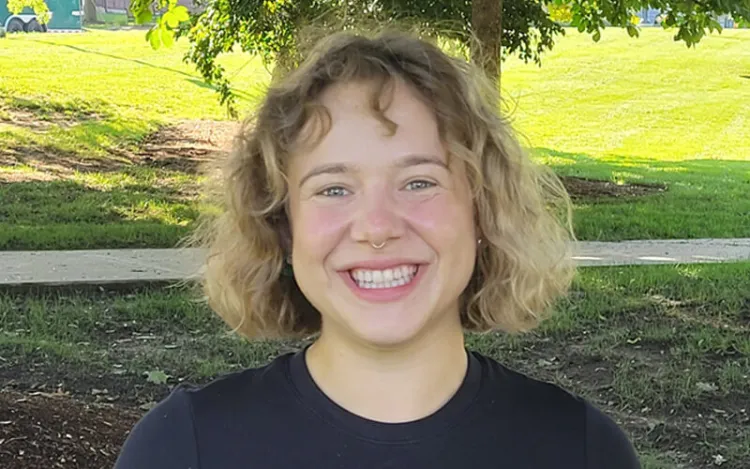
Emily Levine, MA (Pre-doctoral Fellow)
Engaging Communities in Identifying Integrative Treatment Opportunities at the Intersection of Opioid Use Disorder, Pain, and Social Determinants of Health
Associations: Larner College of Medicine, Vermont Center on Behavior and Health
Emily Levine’s community-engaged research will survey 200 adults receiving medication for opioid use disorder (MOUD) who also experience chronic pain. The study will document participants’ most urgent health and social needs—such as food insecurity, housing instability, and stigma—and assess their awareness of and interest in integrative therapies like yoga, culinary medicine, and acupuncture. By elevating community voices, the project aims to inform sustainable, whole-health models of care that address both clinical and social determinants of health.

Justin Garwood, PhD
Project CLEAR: Classroom Educators’ Approaches to Responding to Substance Use Among Students with Emotional and Behavioral Disorders
Association: College of Education and Social Services, Education
Justin Garwood’s study centers the voices of special education teachers—often the most consistent adult presence in the lives of students with emotional and behavioral disorders (EBD)—to understand how schools respond to adolescent substance use. Through focus groups, the project will identify barriers to supportive, integrative responses and explore opportunities for non-punitive strategies that promote healthy behavior change. The findings will inform future teacher-led interventions and policy recommendations, advancing equity and whole-person care in educational settings.
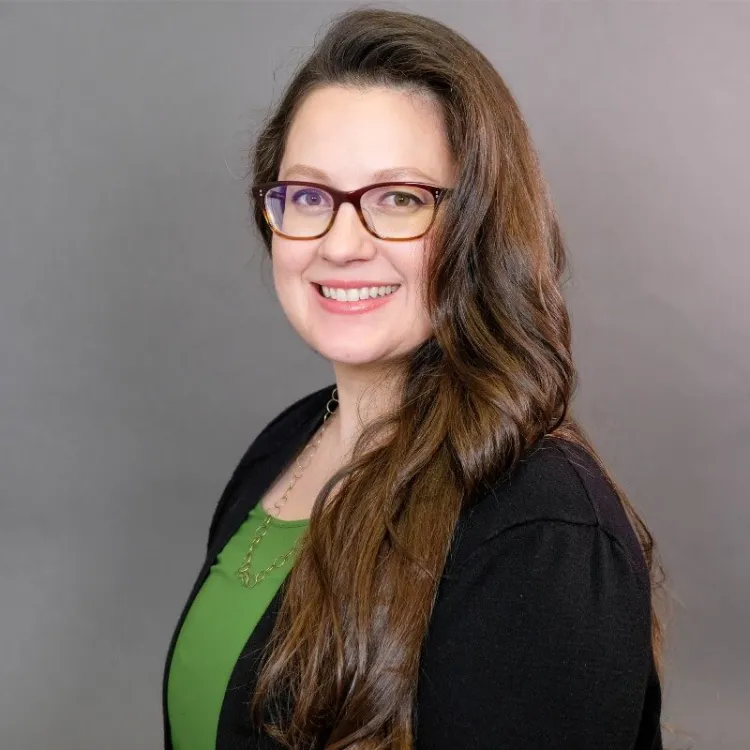
Carissa Wengrovius, PT, PhD
Interoception and Lifestyle Behaviors in Children: Development and Validation of the PEAT Protocol
Associations: College of Nursing and Health Sciences, Rehabilitation and Movement Science
Carissa Wengrovius’s project investigates the link between interoceptive awareness—how children perceive internal bodily signals—and health behaviors such as physical activity, sleep, and sedentary time. Her team will validate a novel exercise-based assessment called the Perceived Exertion and Accuracy Test (PEAT), using objective physiological data and perceived exertion ratings during treadmill walking. This foundational research will inform future interventions for children with chronic conditions and support NIH grant applications focused on interoception and pediatric health.

Victoria Priganc, PhD, OTR, CHT, CLT, ECHM, FNAP
Readiness to Change and the Implementation of Home Modifications for Adults Over 60
Association: College of Nursing and Health Sciences, Rehabilitation and Movement Science, Occupational Therapy
With one in three Vermonters projected to be over 60 by 2030, Victoria Priganc’s study addresses the critical need for safe, independent aging in place. Her research explores how older adults’ readiness to change influences their willingness to implement simple, cost-effective home modifications—such as grab bars, ramps, and shower chairs—that can reduce fall risk and enhance independence. By examining the relationship between educational delivery methods and adoption of these modifications, the study aims to inform future interventions and policy. Findings will be shared at the 2026 Vermont Occupational Therapy Association Annual Meeting and the 2027 AOTA National Conference.
These four projects exemplify the Osher Center’s commitment to advancing whole health through rigorous, inclusive, and translational research, which will strengthen further as these projects roll out and as Dr. Helene M. Langevin joins the team in early 2026 to shape its research efforts.

